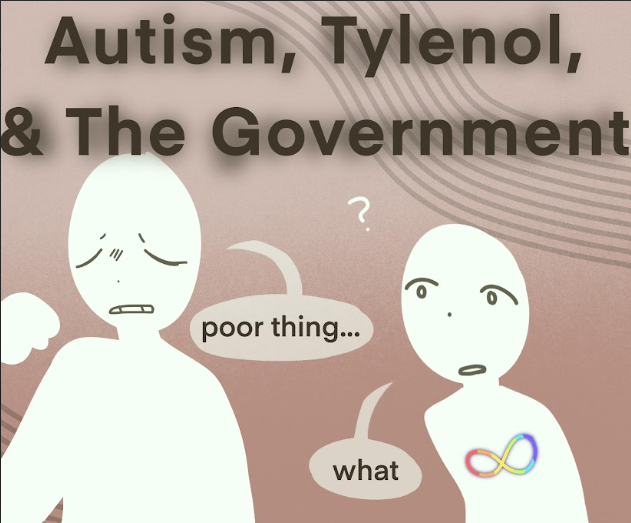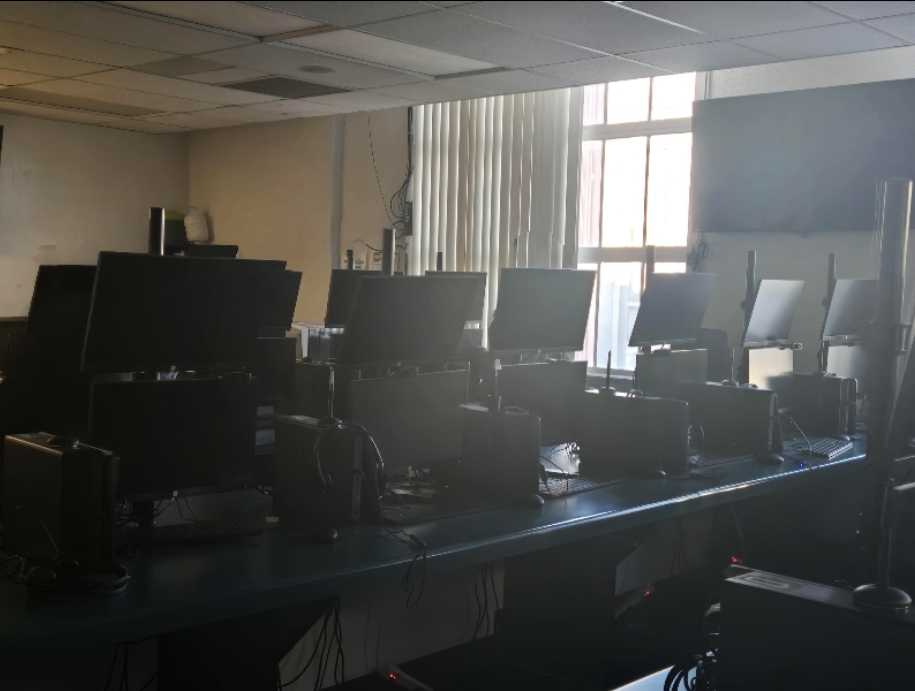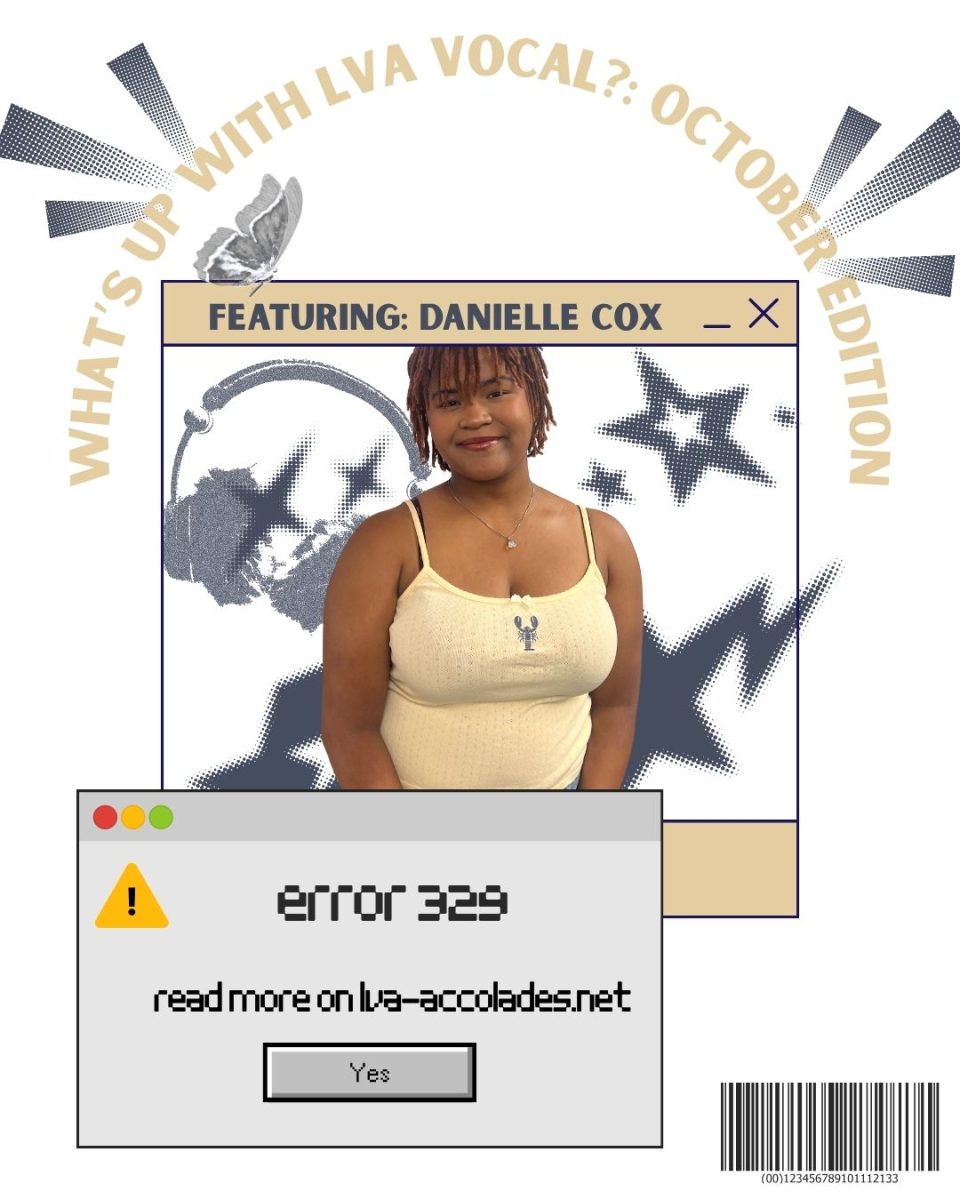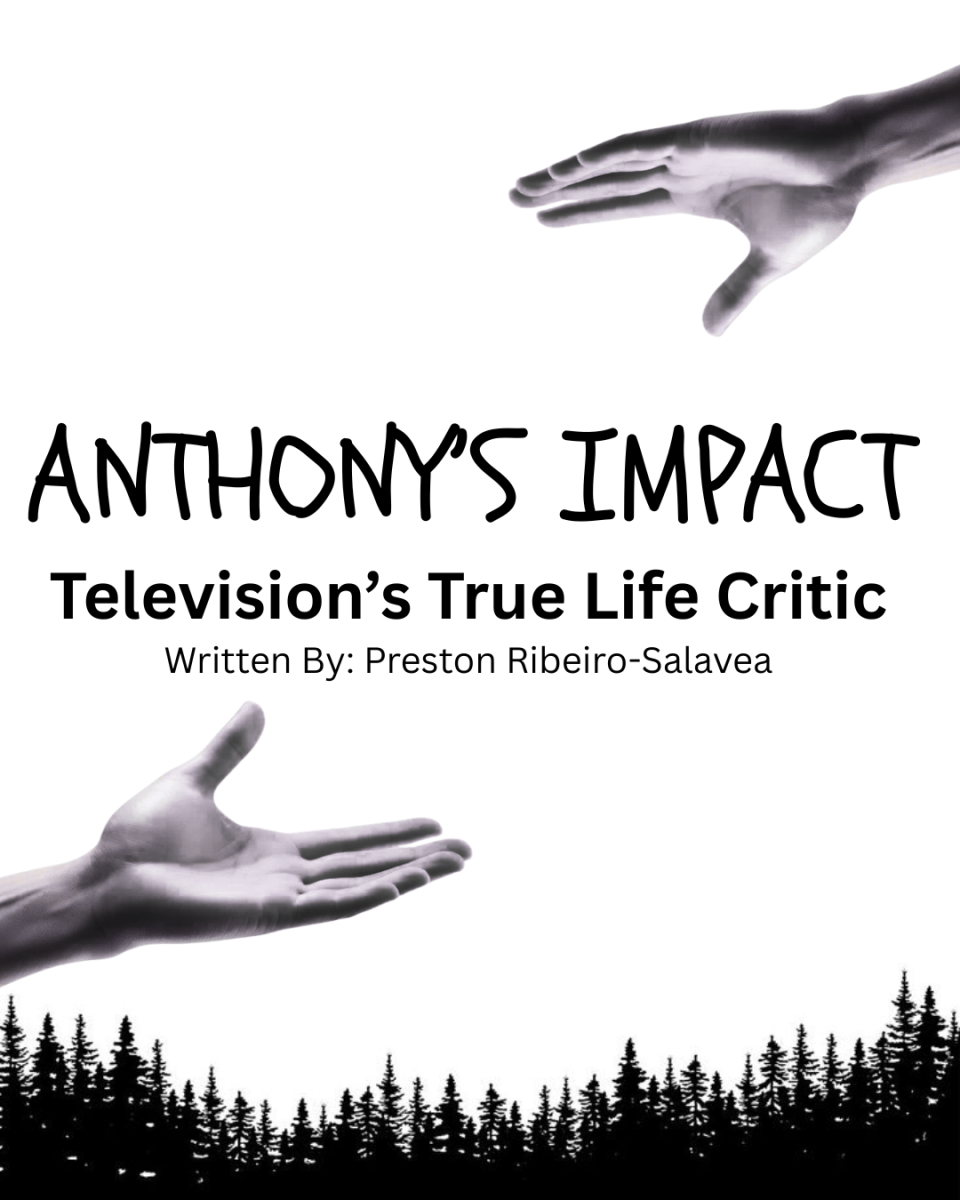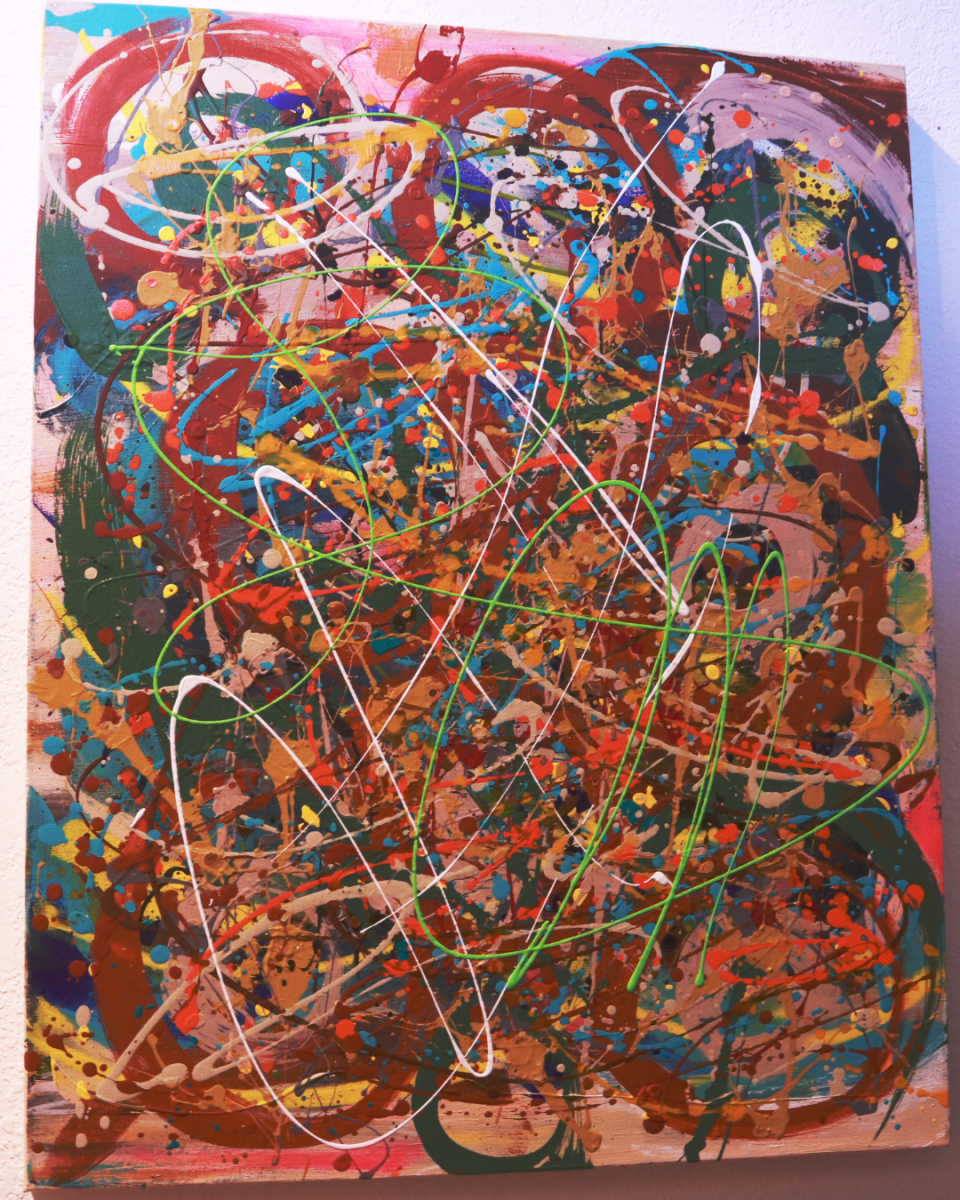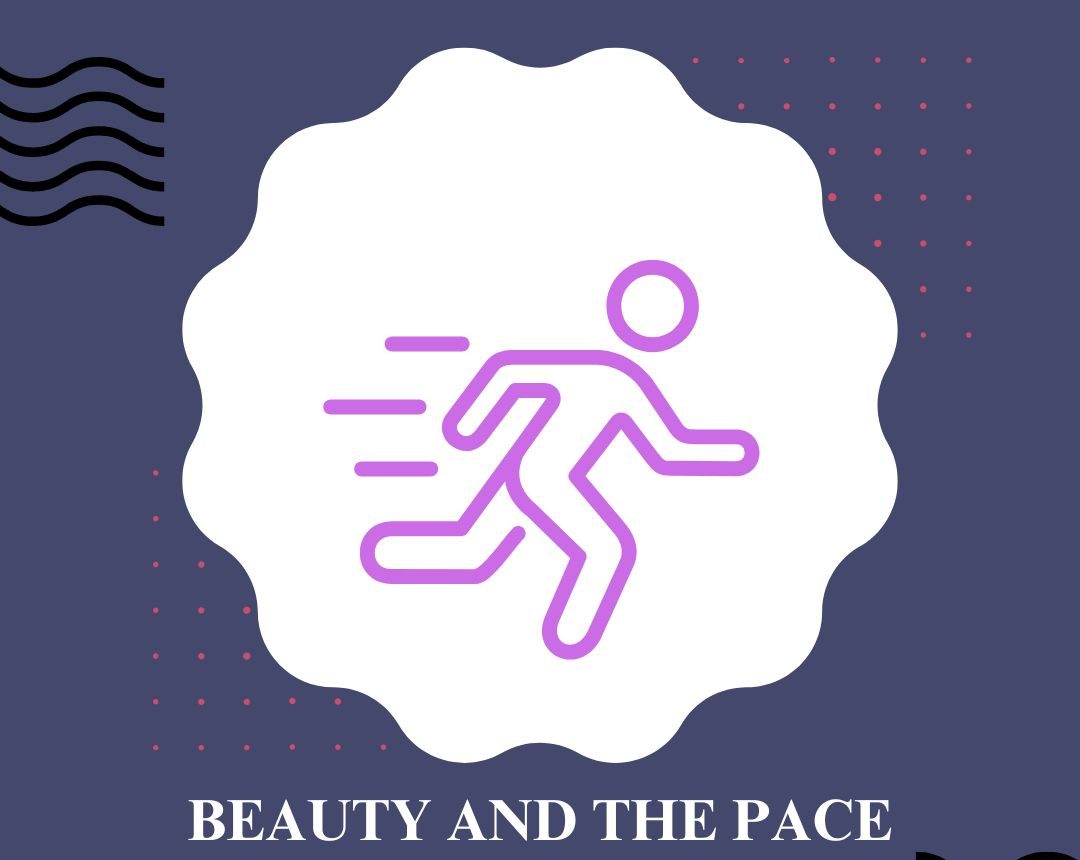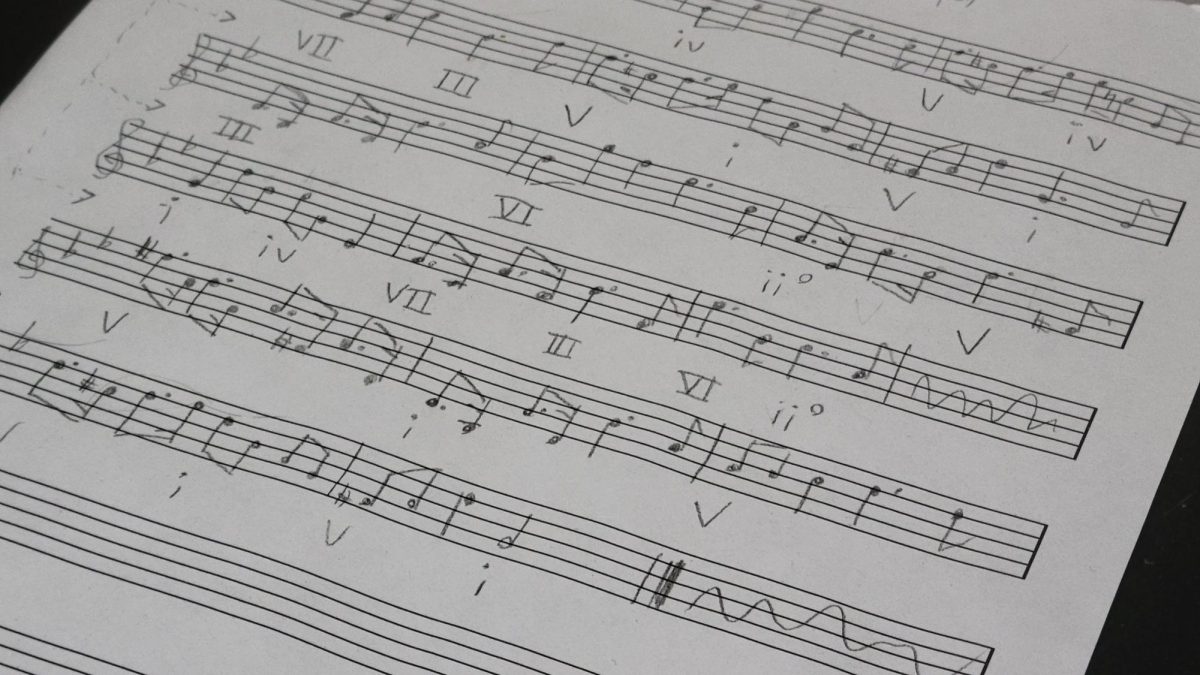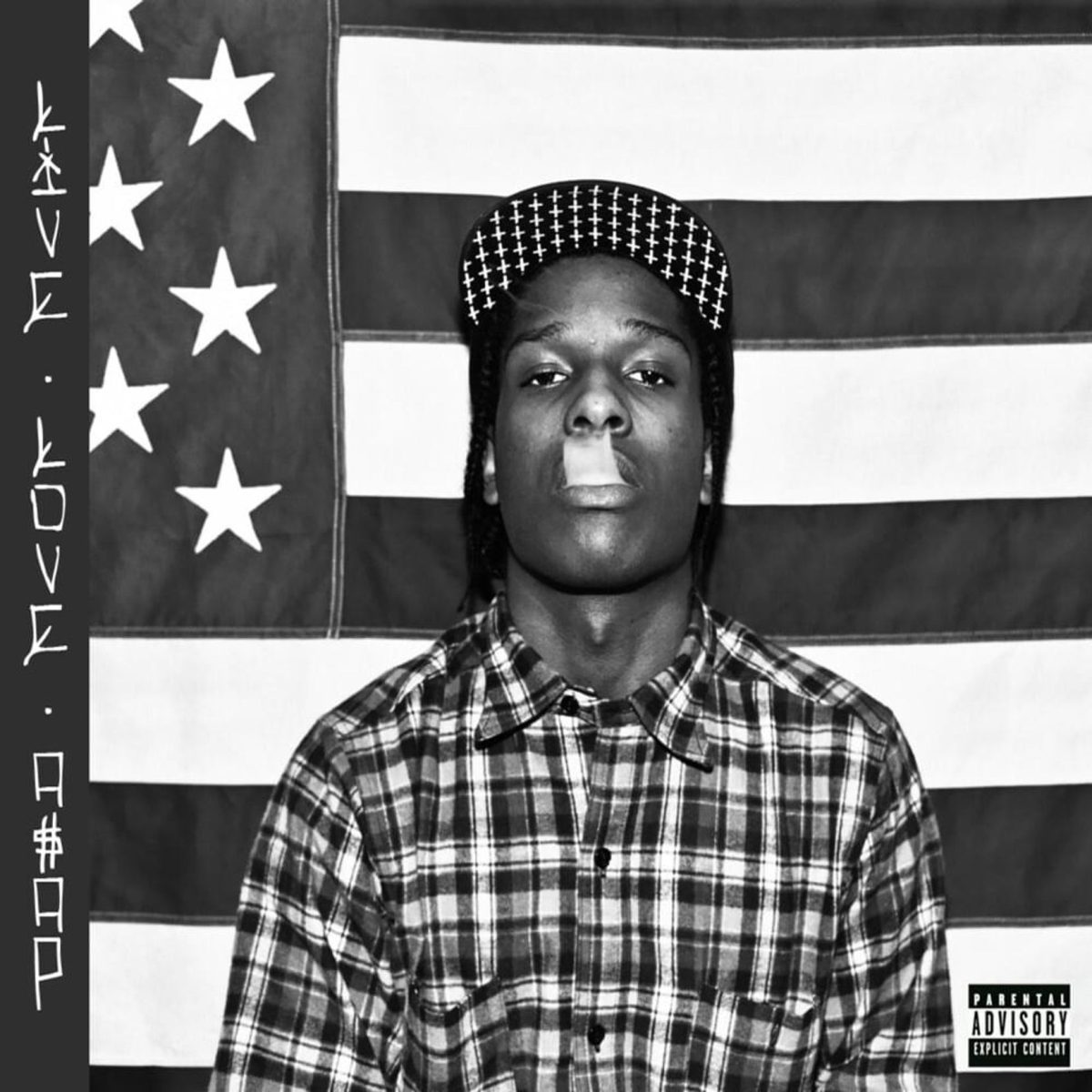‘Music theory’ often describes the complex ideas and math used to make music sound good. But is it essential? Does it improve the listening experience, or is it only necessary for composers? Many people don’t know music theory; in fact, many successful musicians and songwriters from the 21st century never learned music theory. While music theory may have been critical 200 years ago, it might not be imperative today.
“Music theory is really important and helpful because I’m a singer,” music theory student Kyori Davis said. “I took this class because I want to be a singer for my career, so I think it’ll really help with that aspect.”
Music theory was most important in classical music. During the classical era, concerts were long, and individual pieces could last upwards of 30 to 40 minutes. The only way to listen to music was to listen to a live performance, so it was important to have a strong understanding of music theory to create pieces that lasted over 30 minutes without sounding repetitive. Additionally, the tools for making music were limited, meaning you had to play it yourself to hear how something sounded. This required relying on theory knowledge to know if a certain passage or idea would sound good.
Today, with streaming technology and portable music devices, songs no longer need to last for hours. It’s common to listen to 5 to 10 songs in a single session due to their decreased length. With new music-making tools, we can also hear exactly what a part will sound like without the need for performers or even an instrument. Tools for assisting with some parts of theory, like chord progression generators and pre-existing samples, have made music theory a skill that is not necessary to create music.
While new tools have lessened the need for intense study of music theory, it’s still important for composers and songwriters to know basic theory for their songs. Although tools have made composing easier, theory knowledge provides a more efficient way of coming up with ideas rather than relying on tools to try out chords or notes until something sounds good. Whether you want to learn theory for music-making depends on both what kind of music you want to create and your preference. For short songs, it may not be strictly necessary; however, it’s essential for classical-style music and longer pieces. Despite modern tools and resources, music theory is still vital for making music.



